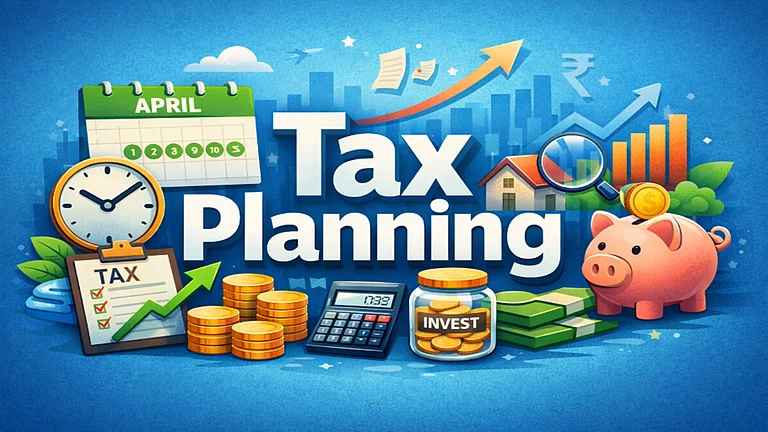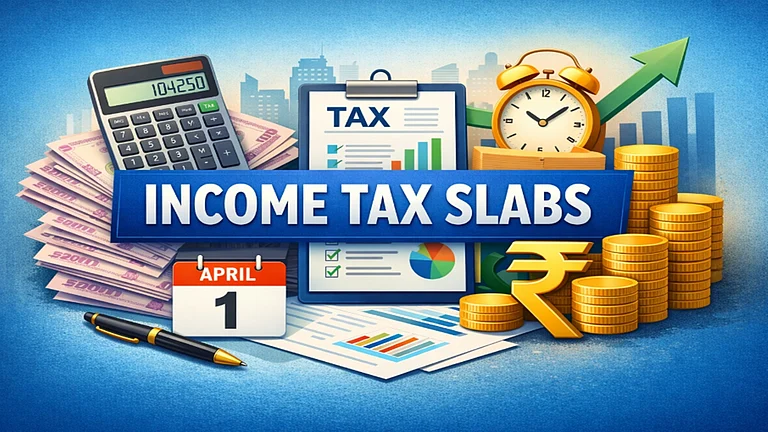PAN is not only a mere identification number but has an imperative role in India's finance and taxation system. In many operations, including Income Tax returns to high-value dealing in financials, the Income Tax department requires the Permanent Account Number or PAN. If an individual does not get it when needed or if such an individual has multiple PANs, he would undergo serious penal provisions of the Indian tax legislation.
Role of PAN in Compliance
PAN was introduced in the year 1972 to link financial transactions with the Income Tax Department. The government has streamlined and secured the system with PAN 2.0 advancements in order to detect misuse, especially duplicate PANs. Hence, it is crucial to adhere to PAN regulations and avoid penalties and complications arising out of not having a PAN.
Penalty for Not Holding a PAN
The Income Tax Act mandates PAN for specific categories of persons and entities with the specified financial threshold and transactions. Failure to obtain PAN when required involves penalties. Under Section 272B, Rs 10,000 will be fined for not obtaining a PAN.
The same penalty is applicable for individuals, businesses, and organizations who have the specified criteria for mandatorily obtaining a PAN and failing to do so.
For instance, individuals whose income exceeds the tax-exempt limit or whose business turnover exceeds Rs 5 lakh in a year have to possess a PAN. Failure to do so would also lead to the rejection of financial transactions, wherein quoting PAN is compulsorily required, like opening bank accounts or purchasing property worth a certain value.
Having More Than One PAN
The law strictly forbids a person from possessing more than one PAN card. Duplicate PANs could be because of an error while applying or due to a willful misuse, however, in both cases, there is a penalty of Rs 10,000 under Section 272B for every extra PAN.
Tax filing issues as different PANs may lead to inconsistencies in reporting of income and tax deductions.
There are great chances of getting a legal inquiry because holding of more than one PAN card is viewed more as tax evasion or carrying out illicit operations.
The ones who have got hold of multiple PANs will need to communicate with their concerned assessing officer about the jurisdictions and seek permission to close off the extra PANs one has, in order to avoid penal provisions.
Why PAN Compliance Matters
Violations result not only in financial penalties but also lead to long-term hindrances in financial and legal undertakings:
Errors in PAN details: The whole tax filing is returned or delayed.
Blocked Transactions: For instance, the financial transaction of putting a certain amount of investment into a mutual fund or purchase of property, requires PAN and gets held up.
Damage to Repute: Non-compliance leads to the erosion of individual or business credibility.
The launching of PAN 2.0 is a step in the direction of stronger compliance and easier facilitation of taxpayers. A common platform with improved technology to check for duplicate PANs will further help minimize misuse. In this manner, making compliance easier and more secure will reduce violations while improving the efficiency of tax administration.
Avoidance of Penalties: Major Steps
Get a PAN if you have financial activities or revenues that exceed the minimum limits.
Check if you've been allotted more than one PAN and get any redundant PANs deactivated immediately.
Rectify your PAN-linked details as your name and address as well to avoid mismatches at the time of verification.
Non-compliance with PAN regulations is not just a technical oversight—it's a costly mistake. Hefty fines under Section 272B and the threat of financial and legal complications make compliance with PAN rules indispensable for every taxpayer. As the government launches PAN 2.0, taxpayers are well-equipped to stay compliant and take advantage of a more secure and efficient system. For individuals and businesses alike, the message is clear: follow the rules or face significant penalties.














